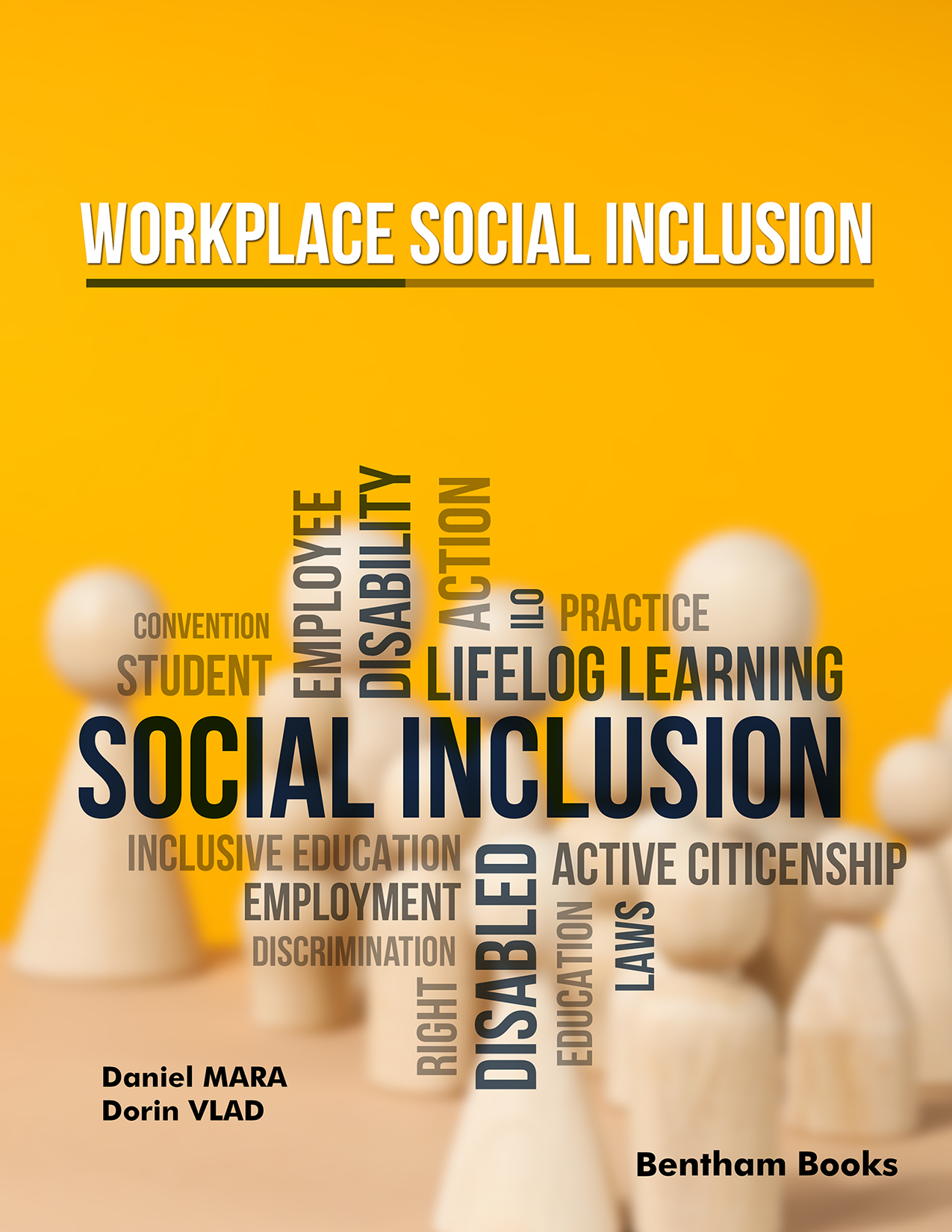Introduction
Workplace Social Inclusion provides a comprehensive exploration of social inclusion practices within the workplace, focusing on people with disabilities. The book covers essential topics, including inclusive education, national and international legislative frameworks, strategies for workplace integration, and the role of active citizenship. It also addresses the lifelong learning process and its importance in fostering workplace inclusion and bridging skills gaps. This guide is an essential resource for professionals, researchers, and students interested in fostering inclusive work environments and understanding the legal and social frameworks that support workplace diversity.
Readers will understand the intricacies of blockchain, including its underlying technology, smart contracts, and potential use cases in the financial sector. It also helps readers to anticipate industry trends.
Key Features:
- -Overview of inclusive education concepts and frameworks.
- -In-depth analysis of national and international legislation on social inclusion.
- -Strategies for integrating socially disadvantaged individuals into the workforce.
- -Insight into the role of active citizenship in promoting social inclusion.
- -Exploration of lifelong learning as a tool for workplace integration and future growth.
Ideal for social science practitioners, managers, policymakers, researchers, and students, this book serves as a key resource for understanding workplace social inclusion and its impact on organizational well-being.
Readership
Students, researchers, working professionals, and general readers.

